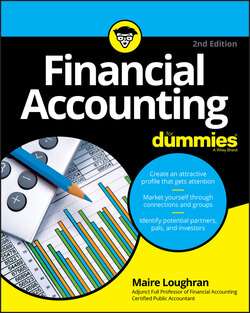Читать книгу Financial Accounting For Dummies - Maire Loughran - Страница 33
Achieving independence
ОглавлениеMany types of public accounting services, such as auditing, require the financial accountant to be independent in both fact and appearance. Being independent while providing services means that you have no special relationship with or financial interest in the client that would cause you to disregard evidence and facts when evaluating your client.
What does it mean to be independent in both fact and appearance? The biggie is that you avoid any real or perceived conflicts of interest: You don’t perform services for any client with whom you have either a personal or non-audit-related business relationship. For example, if you have a significant financial interest with a major competitor of your client, your client may question whose best interests you have in mind while performing the accounting services.
Financial accountants providing tax and consulting services do not have to be independent; however, they still have to be objective.
The concepts of independence and objectivity differ somewhat depending on whether you work in public accounting or private accounting. Public accounting is when a financial accountant, most likely a CPA, works for an accounting firm providing services such as auditing or financial statement preparation for clients. Private accounting is when you do accounting work for your own employer rather than for a client. Obviously, you can’t strive for independence when you’re doing accounting work for your own employer. So, in private accounting, objectivity is key.
